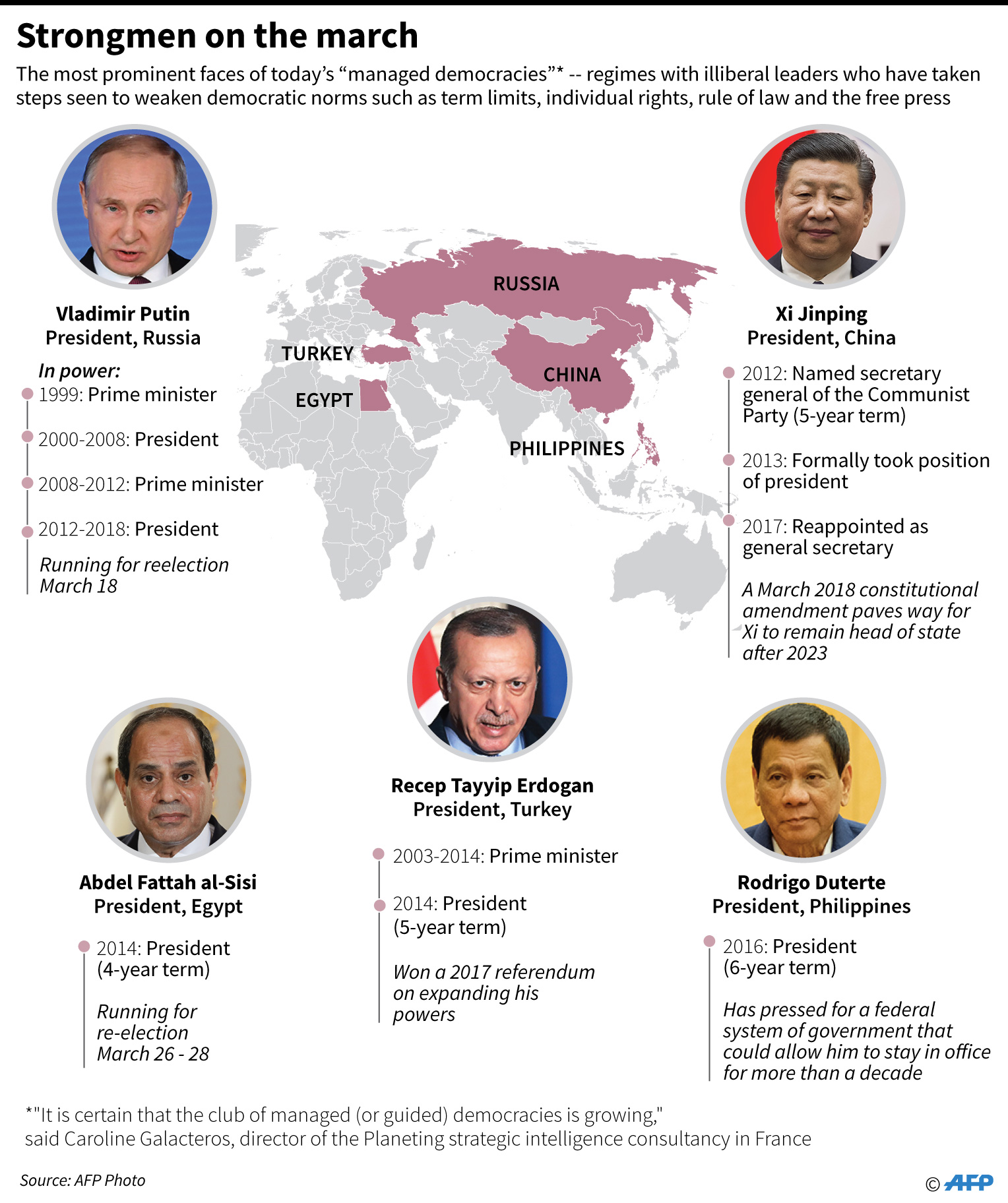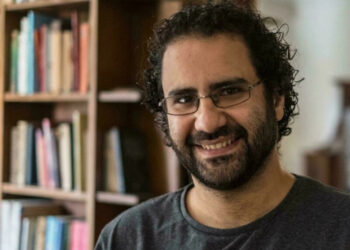Eight years after Egypt’s revolution that ousted longtime authoritarian leader Hosni Mubarak, the parliament in Cairo has just voted to enable current President Abdel Fattah al-Sisi to be in power until 2034. Currently, the former armed forces chief is due to stand down in 2022 after completing two four-year terms. The parliament’s General Committee approved the plans last week, shortly after they were submitted by a group of politicians loyal to Sisi.
The extension of Sisi’s term is just one of a series of controversial constitutional amendments. The president has also managed to weaken the judiciary. He is now able to appoint top judges, will become the president of a new judicial council, and there are fewer checks on executive legislature power.
In addition, a new chamber of Parliament called the Senate will be created. This body will have the same legislative powers as the House of Representatives, including the ability to propose laws. Sisi will appoint one-third of the 250 members for a five-year term.
Furthermore, the president will now be able to reshuffle the Cabinet without parliamentary approval. The military is given an even stronger role with veto power over policies and military court trials will be used for civilians.
In response to the changes, noted opposition politician Haitham al-Hariri claimed that the amendments are “a bomb that would detonate at the democratic path in Egypt.” For the most part, opposition to these constitutional amendments has been limited to social media.
Project to amend #Egypt constitution unfolding & in full throttle . Main features: extending presidential term limit; diminishing judicial independence & anointing military as the guardian of the state. Arab Spring in reverse!
— Mohamed ElBaradei (@ElBaradei) February 4, 2019
A coalition of small secular and liberal parties has vowed to challenge the reforms. Though there has been some criticism of the path Egypt is now taking, President Sisi enjoys some genuine support for augmenting his power.
Today’s Autocrats
The phenomenon where leaders manipulate the political environment to increase their authority is known as autocratization.
Today’s autocrats don’t always seize power in a coup but are often elected into office. Their electoral wins give them democratic legitimacy, and they ride these popularity waves to slowly usher in a host of changes to the existing democratic framework.
Unlike the past, there is no sudden and decisive break with democracy but rather a slow and steady approach to dismantling democratic features. Public discontent stemming from the previous administration is harnessed to roll back democracy, by eliminating term limits, weakening checks and balances, and curtailing press freedoms. Loyalists are installed into key positions of power.
Subsequent elections are also held that are won, not through blatant cases of electoral fraud as in the past, but by carefully undermining the opposition and exploiting campaign laws. After decisive electoral victories, autocrats push for anti-democratic reforms that are often passed by the public through referenda. These autocrats, who have undermined democracy, often remain genuinely popular with much of the nation.
Eliminating Term Limits
Extending time allowed in office is a particular focus of would-be autocrats. In Africa, there have been many leaders who have eliminated term limits. Rwanda’s President Paul Kagame, President Pierre Nkurunziza of Burundi, and Ugandan President Yoweri Museveni all lengthened time limits but attempts to do so in Benin, Burkina Faso, Nigeria, and Senegal were thwarted.
Public opinion plays a significant role in whether leaders can get away with eliminating term limits. In Africa, Afrobarometer surveys reveal that 75 percent of people from the 34 countries polled believe that presidential terms should be restricted to two terms only.

In other cases, the public has largely sanctioned these big constitutional changes. A recent referendum in Turkey gave President Recep Tayyip Erdogan more power to rule by decree and eliminated term limits. Both former Venezuelan President Hugo Chavez and President Vladimir Putin of Russia also successfully eliminated term limits under the guise of it being more “democratic” to give people the power to choose who they wanted in power.
These cases of slow, creeping autocratization are no longer the exception. From 1946 to 1999, 64 percent of democracies fell apart by coups, but from 2000 to 2010, 40 percent of democracies fell because of autocratization.
Egypt’s Quick Return to Autocracy
Egypt’s return to autocracy has been more blatant and rapid than some of the previous cases mentioned. But it also illustrates the role of using public sentiment to sanction autocratization.
In spite of Sisi’s autocratic behavior, Egyptians consider the military general is a safe choice for their country that struggled economically and faces instability. However, Sisi is well aware of the fact that his popularity has been waning. He is likely to capitalize on the support he has at the moment to ensure he can stay in power until he is 80. Eight years after the revolution, Egypt is right back where it started.
Disclaimer: The views and opinions expressed here are those of the author and do not necessarily reflect the editorial position of The Globe Post.





















